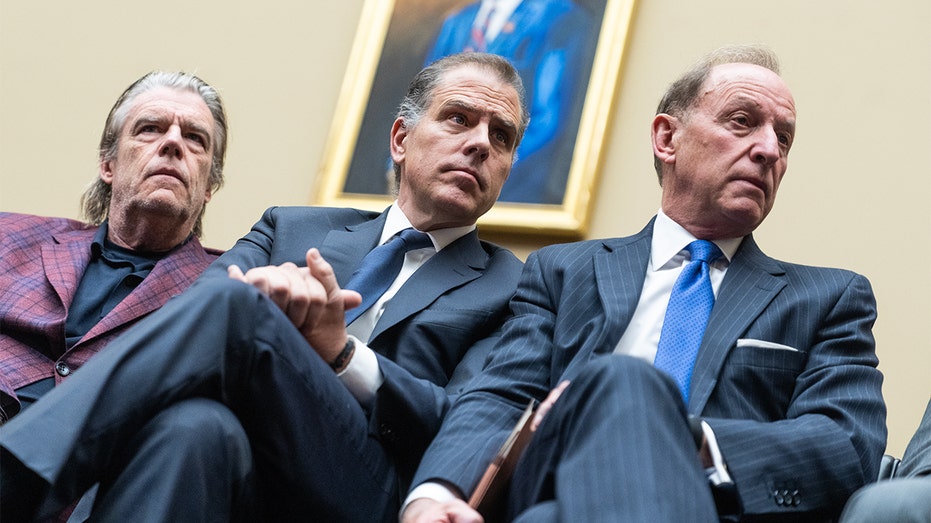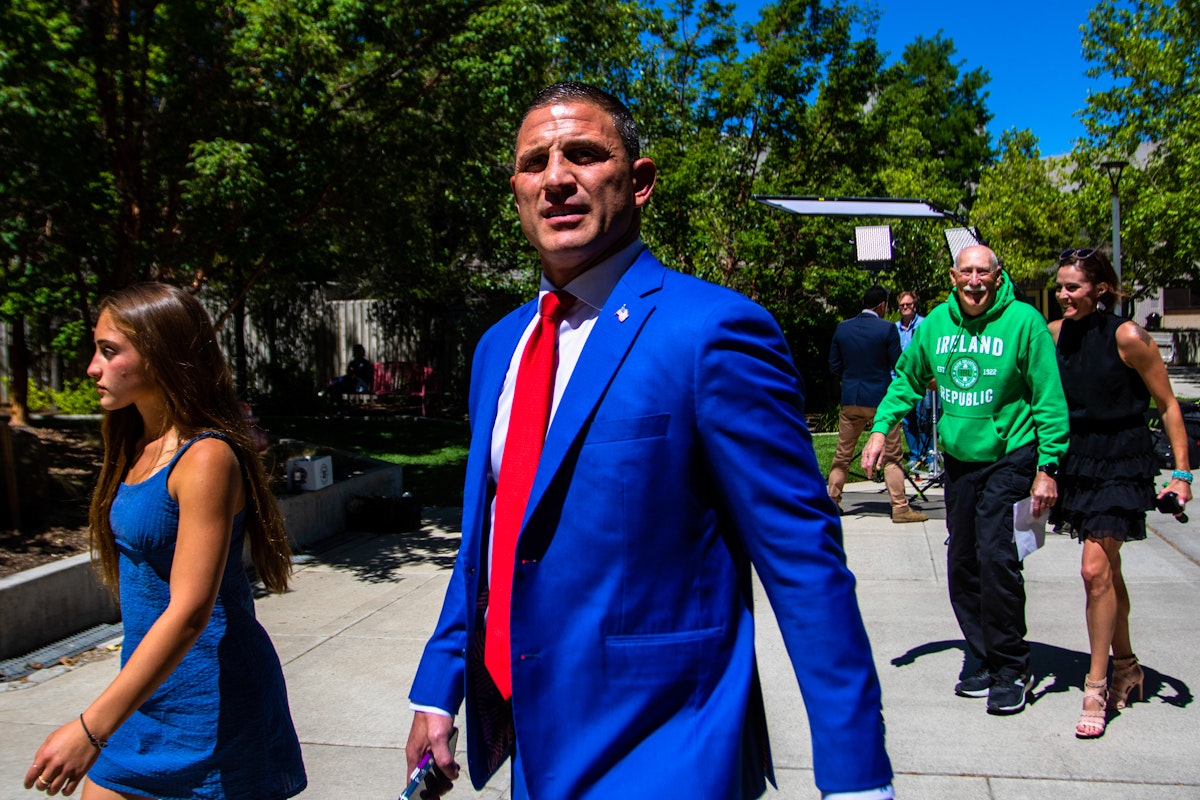German chancellor on Musk: ‘Don’t feed the troll’
German Chancellor Olaf Scholz shared his approach to dealing with tech mogul Elon Musk who lately has traded barbs with German politicians, saying it is wise to not “feed the troll.” “There are a lot of people on social media who want to attract attention with snappy slogans,” Scholz said in an interview with German...

German Chancellor Olaf Scholz shared his approach to dealing with tech mogul Elon Musk who lately has traded barbs with German politicians, saying it is wise to not “feed the troll.”
“There are a lot of people on social media who want to attract attention with snappy slogans,” Scholz said in an interview with German magazine Stern published on Saturday.
“I don’t believe in courting Mr. Musk’s favor,” he added. “I’m happy to leave that to others.”
Scholz emphasized that “as Social Democrats, we have been used to the fact that there are rich media entrepreneurs who do not appreciate Social Democratic politics — and do not hide their opinions.”
The comments to the German current affairs magazine come as the German leader has gone back-and-forth with Musk, a tech billionaire and a close ally of President-elect Trump, in recent weeks.
Musk, who Trump selected to head the Department of Government Efficiency (DOGE) alongside Vivek Ramaswamy, trolled the German leader on his social media platform as “Oaf Schitz” and predicted he will “lose” in the upcoming parliamentary election set for Feb. 23.
Musk’s dig at Scholz came shortly after the Tesla CEO wrote an op-ed in German Welt am Sonntag newspaper in late December, expressing strong support for Germany’s far-right Alternative for Germany (AfD) led by Alice Weidel.
In the op-ed, which came days after Musk endorsed the party, the SpaceX executive said that Germany’s economy is being hurt by bureaucracy and regulatory overreach. He also endorsed the party’s immigration proposals.
Shortly after the piece was published, the German government accused Musk of meddling in the country's upcoming election, but tried to downplay the tech mogul’s effort to garner more support for the AfD, stating that “freedom of expression also includes the greatest nonsense.”
Scholz took a subtle shot at Musk during his New Year’s address, saying that “in our debates, one can be forgiven for sometimes thinking the more extreme an opinion is, the more attention it will garner.”
Scholz also told the magazine on Saturday that he finds it much more “worrying than such insults that Musk is supporting a party like the AfD, which is in parts right-wing extremist, which preaches rapprochement with Putin’s Russia and wants to weaken transatlantic relations.”
Musk, who has become increasingly involved in U.S. politics during the 2024 presidential election, backing Trump’s White House with at least $250 million, is scheduled to speak with Weidel, AdD’s leader, on Jan. 9 on his social media platform X.
Germany’s election in February comes as Scholz’s coalition of parties collapsed in November.



